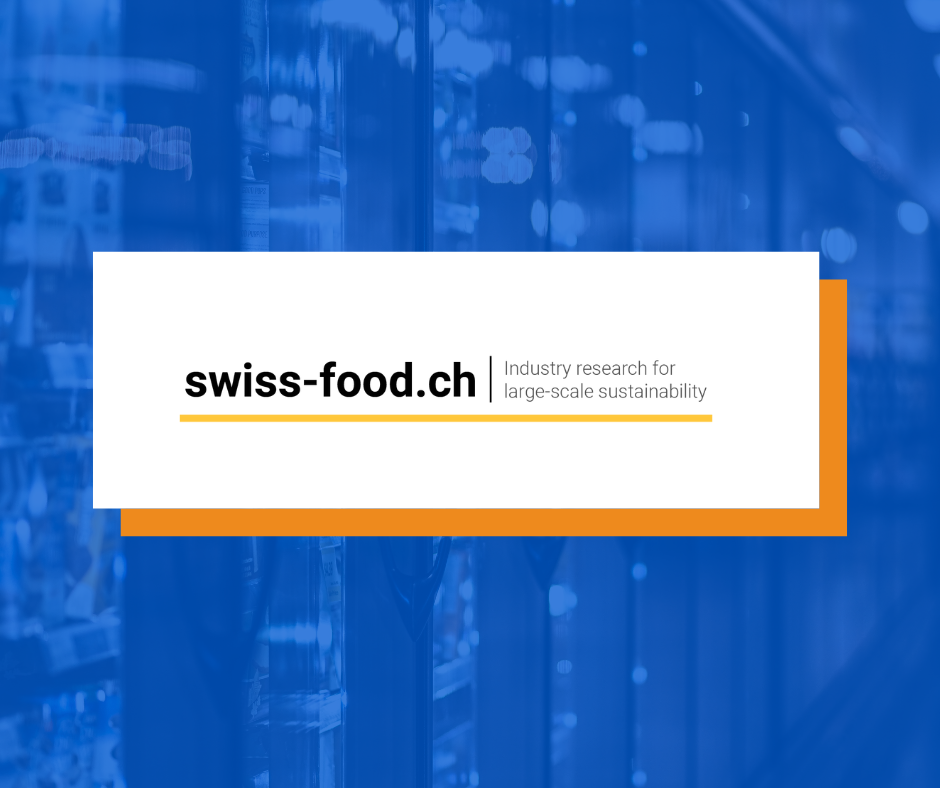As part of the climate agenda, the European Union and member states have advocated the phasing out of gas-powered vehicles by 2035. The goal is to have at least 30 million electric vehicles on European roads by 2030, which would be a 2900% increase from the current amount. With demand for electric vehicles soaring in the EU, domestic industries are looking for innovative ways to establish supply chains for batteries and other components.
On the one hand, the EU seeks to boost the market for electric vehicles to achieve its climate targets. On the other hand, the proposed blanket PFAS (Per- and Polyfluoroalkyl Substances) ban, pledged by the European Commission, will make it impossible to manufacture EVs in the EU.
PFAS are key to the production of EVs. However, instead of considering the spillover effects of banning over 4000 chemicals that carry individual risks, the EU decided to take the same approach as the US move towards banning all of them. In the US, the PFAS Action Act which would heavily restrict all these substances is awaiting the final decision in the Senate. Both the EU and US are on the verge of making the same policy mistake that will achieve nothing except make consumer products more expensive and hinder innovation.
PFAS are used to produce life-saving medical equipment and are vital for contamination-resistant gowns, implantable medical devices, heart patches, etc. These chemicals are also widely used in green technology production. In particular, solar panels, wind turbines, and lithium-ion batteries.
Fluoropolymers (one specific class of PFAS) are an essential part of green technology. Fluoropolymers are used to produce lithium batteries, the power source behind electric vehicles. They are durable, heat and chemical resistant, and have superior dielectric properties, all of these qualities make it hard for other chemicals to compete. If PFAS are banned as a class, the green ambitions of switching to electric vehicles would be extremely difficult to turn into policy. The blanket PFAS ban would cause further disruptions in the EV supply chain, increasing costs for consumers and ultimately making them less attractive as an alternative to gasoline vehicles.
Fluoropolymers are also used in coating and sealing solar panels and wind turbines that protect against harsh weather conditions. Fluoropolymers provide safety by preventing leaks and environmental releases in a range of renewable energy applications. The unique characteristics of PFAS such as water, acid, and oil resistance make these substances hard to replace.
Unless damaged, solar panels continue to produce energy beyond their lifeline. Fluoropolymers are what make solar panels durable. Going solar requires significant investments and without fluoropolymers, the risk of producing and installing them will increase, and production shortages will follow. This is exactly what is currently happening in Europe with microchips, which rely on PFAS in the production process. The closing of a plant in Belgium has left semiconductor manufacturers on the verge of serious production delays.
That is not to say that PFAS are risk-free. A 2021 study by Australian National University confirms that the PFAS exposure does carry some risk, but that most exposure comes from contaminated water. If EU regulators really want to make a difference, their legislation should focus on regulating PFAS from a clean water approach, as opposed to a full ban that comes with a long list of externalities.
The proposed ban is also problematic because fundamentally it won’t drive down demand for PFAS. Banning will shift production to countries like China, where environmental considerations are nearly non-existent. As a result, European regulators will be giving China the upper hand for both EV battery production, solar panels, and semiconductors. Not to mention, banning a substance that is key to so many production processes will magnify the damage caused by inflation. For European EV and solar panels producers, the PFAS ban will be a huge hurdle that is extremely difficult to overcome.
If the European Union is really as determined to pursue a transition to EVs as they suggest, the PFAS blanket ban should be called off. Instead, PFAS should be assessed individually and where poor production processes result in water contamination, the government should intervene.
Originally published here




